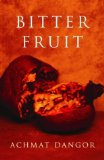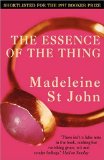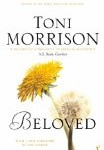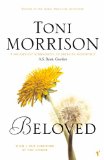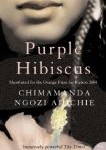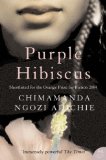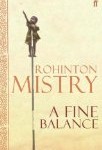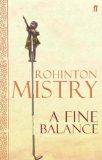‘Bitter Fruit’ is set in post-apartheid South Africa, and explores the harsh realities of a mixed race family living in this transitional period. The central character is Mikey, and the book follows him as he discovers that his mother was raped by a white police officer.
It started off well, and there were many similarities between this book and ‘Purple Hibiscus’, both in writing style and content. Unfortunately, I began to lose interest about half way through the book. The characters failed to come alive for me. The surroundings were only described very briefly, so the sights and sounds of Africa did not come across, as they did in ‘Purple Hibiscus’ or ‘The Famished Road’. I felt like I was being told about these events, rather than feeling as though I was a part of them, as you are with a really good novel.
The reactions the characters had to the difficulties they faced didn’t seem very realistic, and the incest especially, seemed to have been thrown in for shock value, rather than any genuine reason.
Overall it was fairly average, with a reasonable plot, but characters that failed to engage me.

